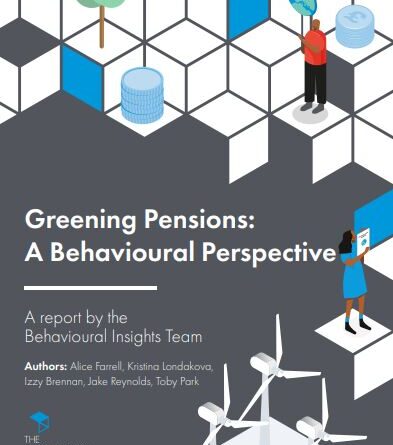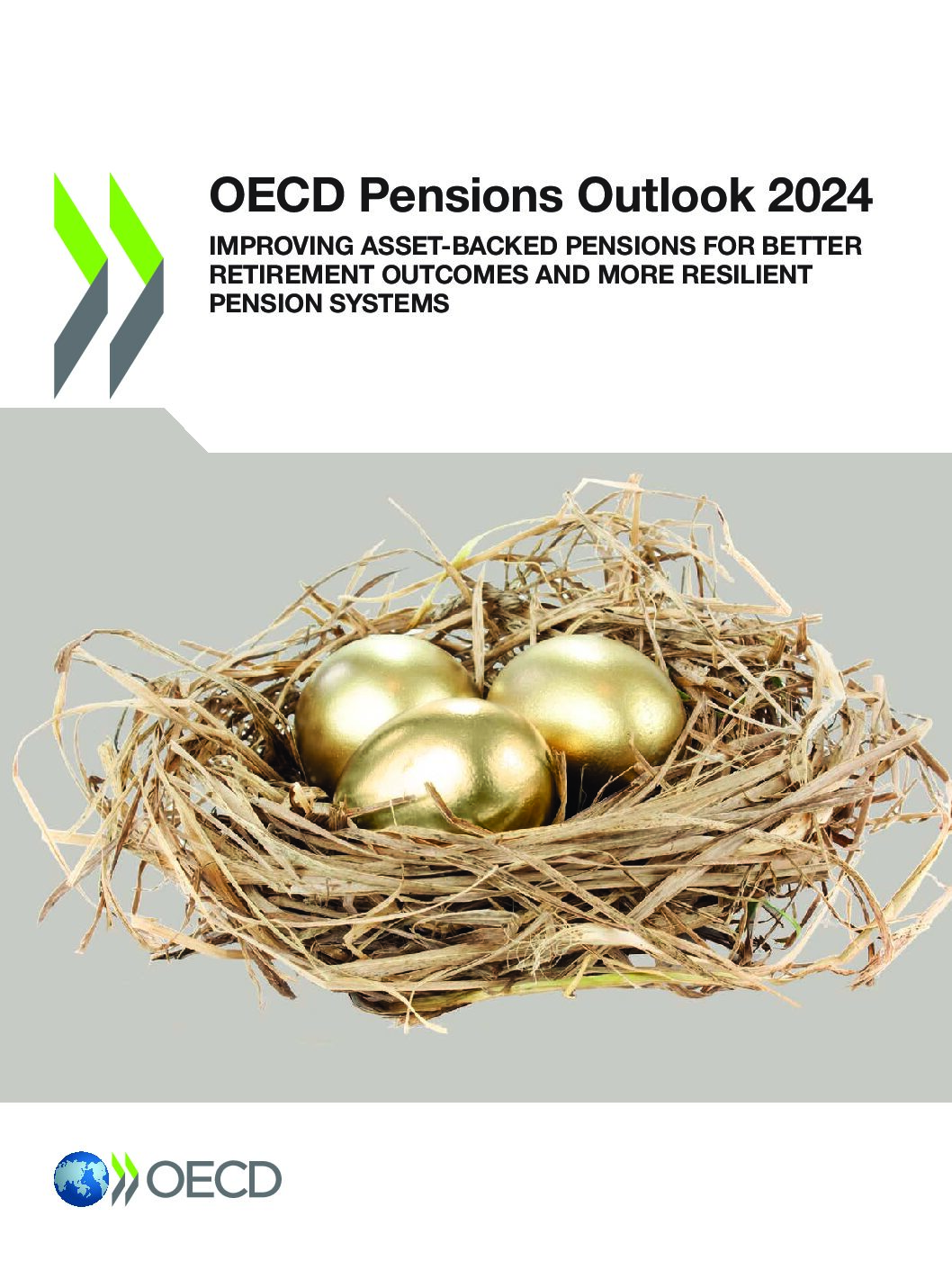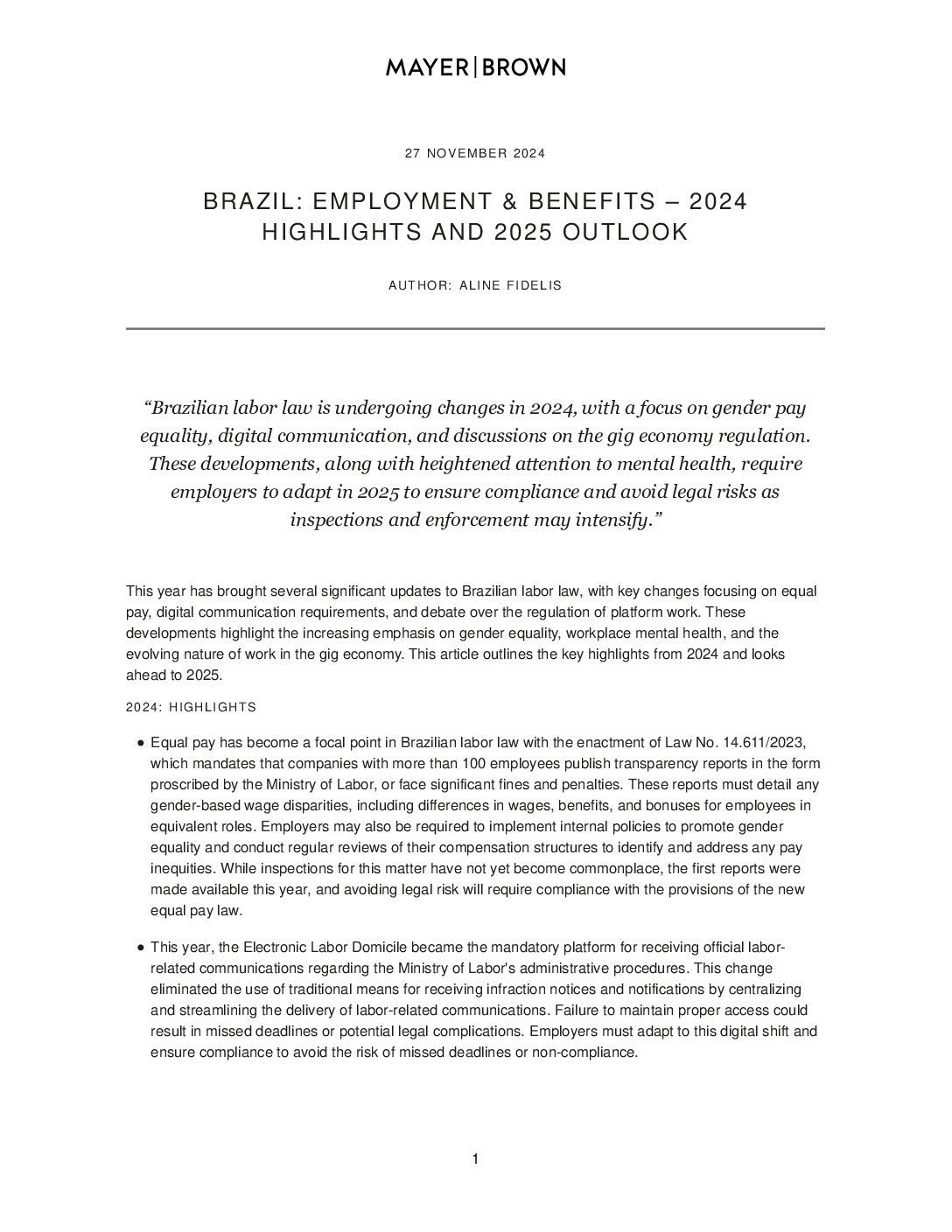Greening Pensions: A Behavioural Perspective
By Alice Farrell, Kristina Londakova, Izzy Brennan, Jake Reynolds & Toby Park
Through their pensions, the vast majority of people in the UK are investors, with pension pots collectively amounting to over £2.6 trillion.1 Investing a greater portion of this money sustainably – i.e. in businesses who have positive or neutral impacts on the environment and green technologies – could significantly accelerate our transition to a low-carbon society.
While 68% of people say they would like their investments to be responsible and impactful,2 just £1 in every £10 is invested this way.3 Many pension holders who are concerned about climate change unknowingly invest in activities which are harmful to the environment.
So what’s stopping people from investing in environmentally-friendly pensions? Evidence shows that, to switch to a greener pension, pension holders must overcome a myriad of behavioural barriers. These include: choice overload given the huge range, diversity, and opacity of pension options; risk-aversion due to the perceived threat of worse financial returns from green pensions; frictions and hassle in identifying the green options and making the switch; inattention and lack of urgency; disinterest or discomfort in financial matters; and status-quo bias which draws people strongly towards the pension fund which their provider or workplace has allocated them to by default.
Behavioural science tells us that, to green our pensions, we need to act both downstream and upstream. Downstream, at the individual level, we all have the agency to move our pensions into greener funds. But upstream, fund managers must develop high-quality green pension investment options, based on quality environmental disclosure from individual businesses. The two sides of this coin are mutually reinforcing – increased demand for greener pensions from savers drives change among providers, which in turn makes it easier for more savers to choose a greener pension. Therefore, to achieve a wide-spread and meaningful greening of pensions, we need to not only empower and motivate consumers to act, but also ensure that regulatory and market functioning supports, encourages, or even automates greener choices.
Get the book here
265 views









